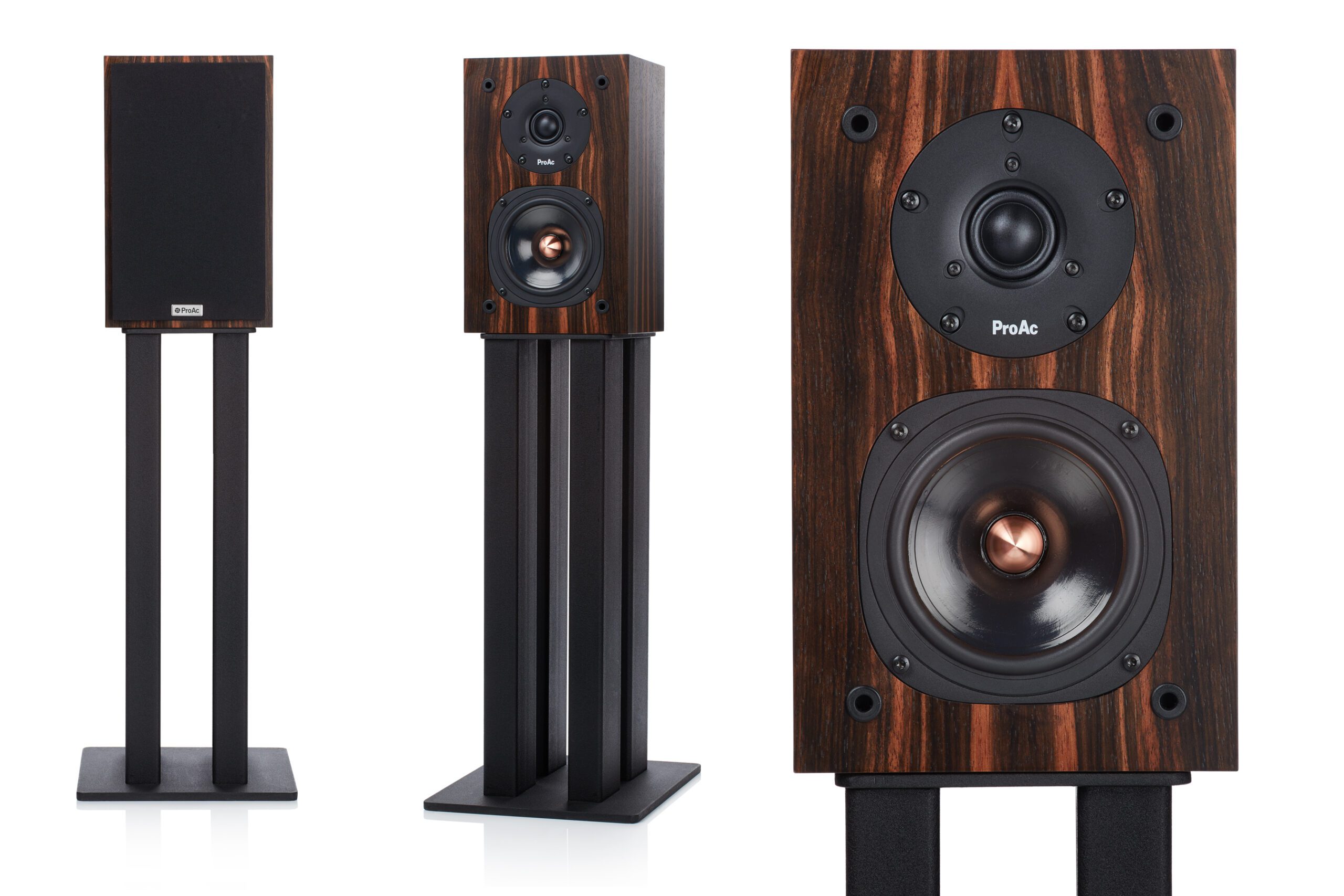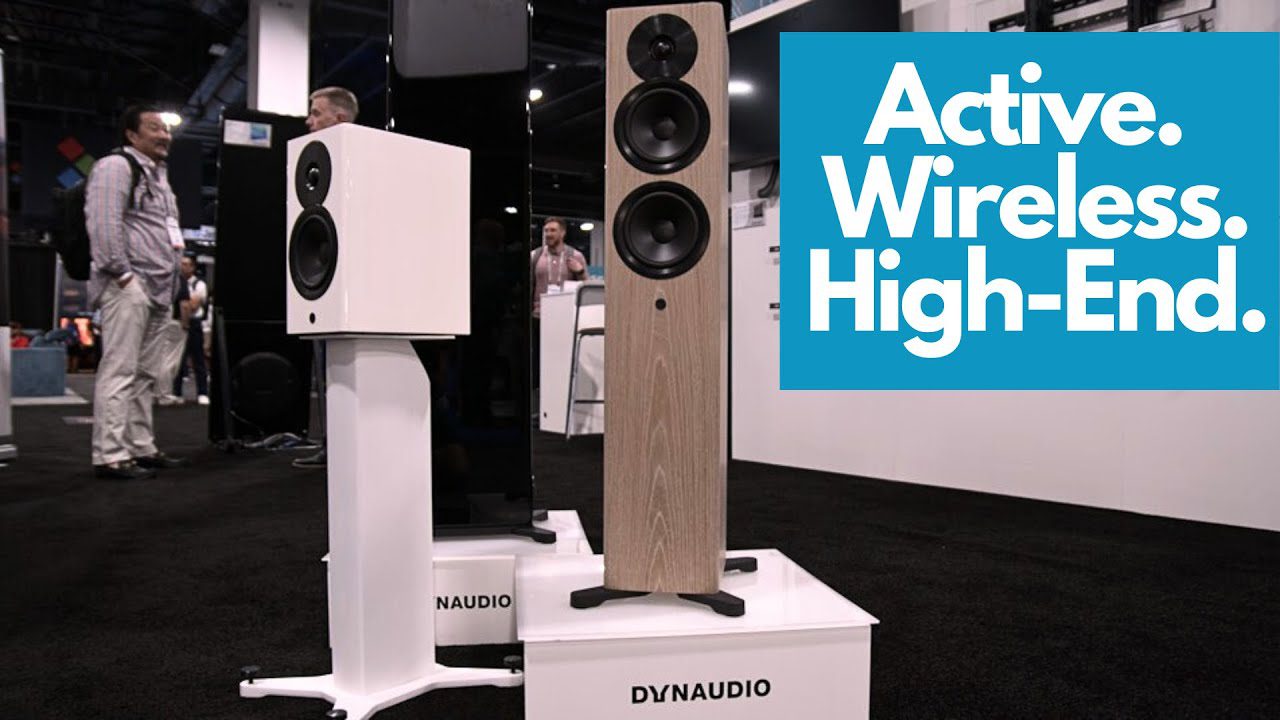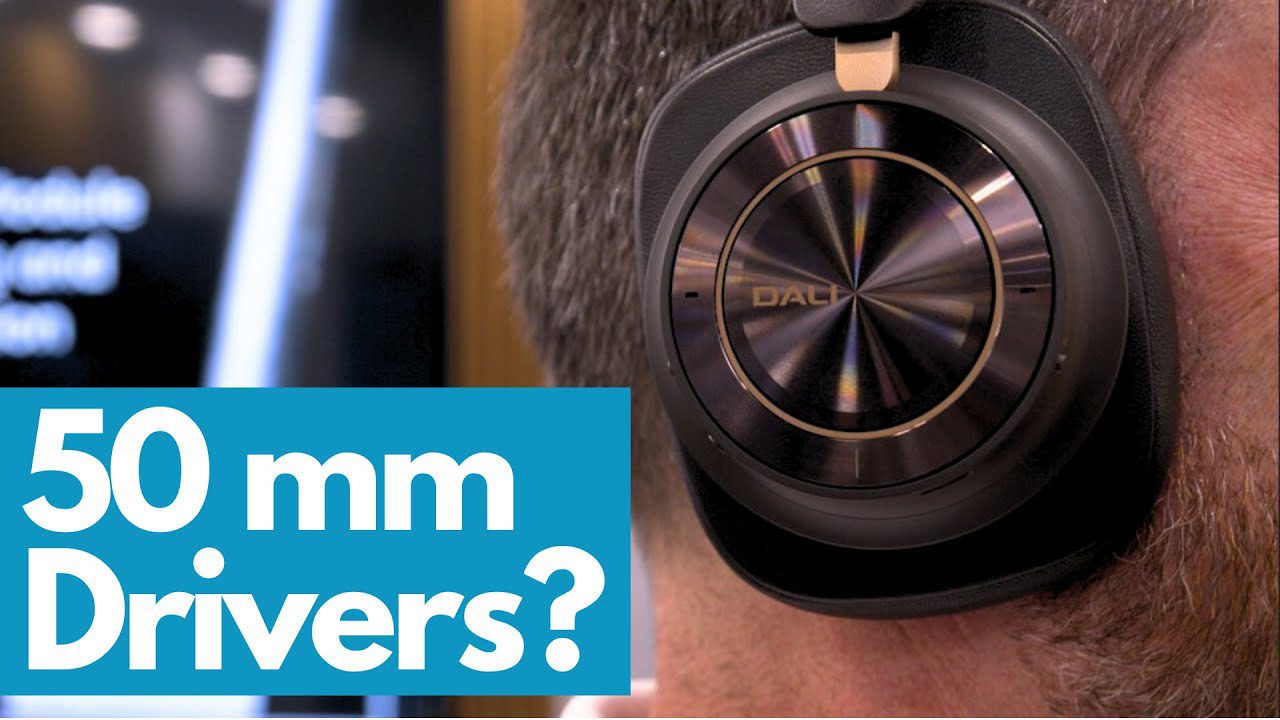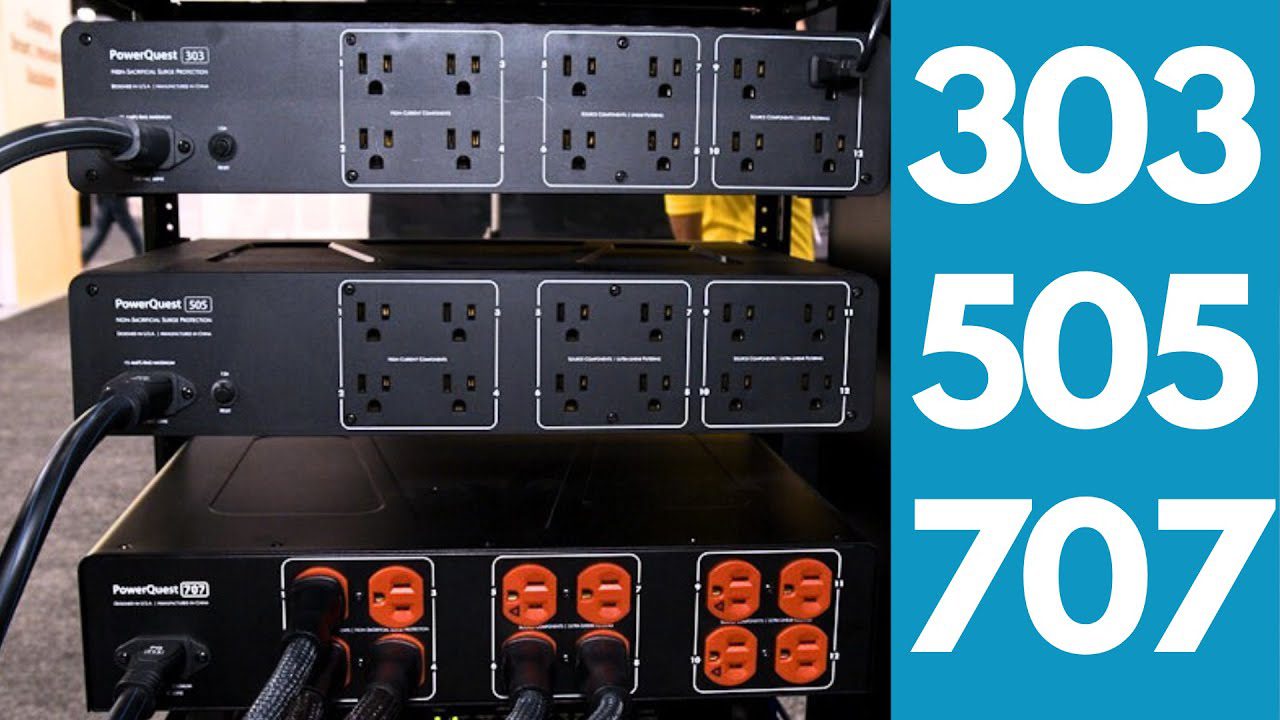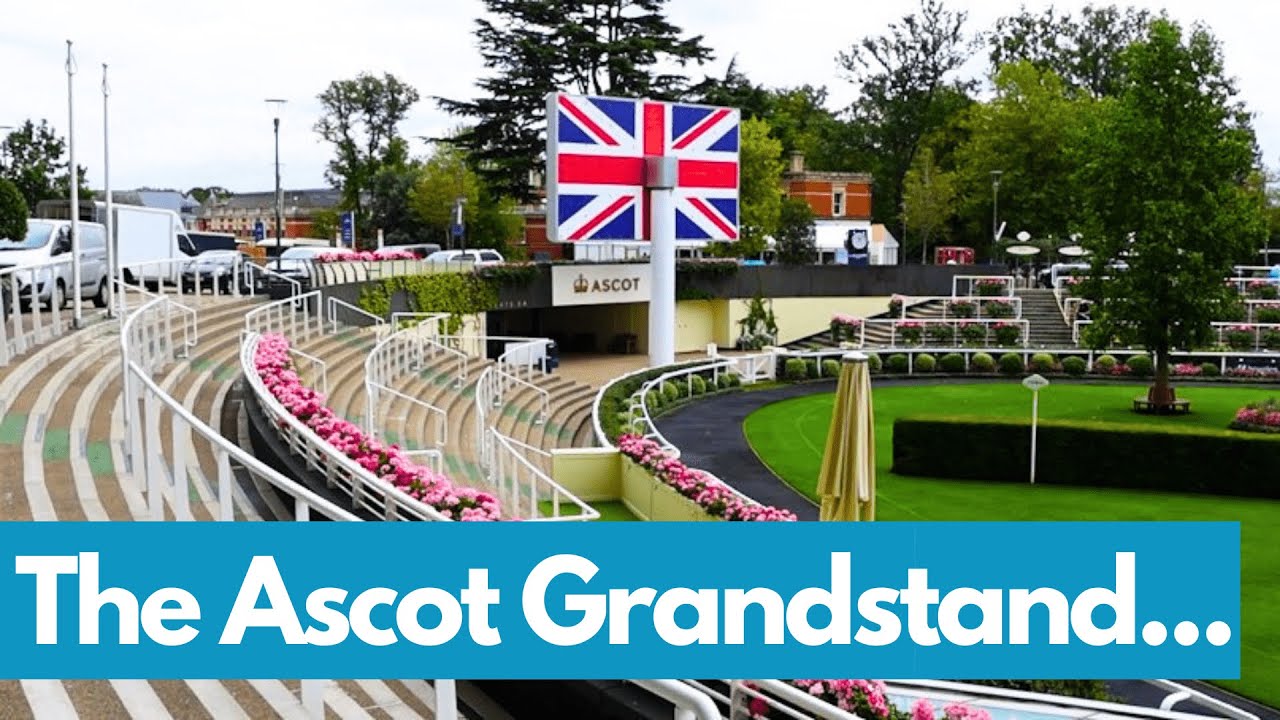
It’s been 10 years since musician/comedian/actor and writer, Matt Berry, signed to iconic British indie label, Acid Jazz, and released Witchazel, an album steeped in his love of ‘60s and ‘70s folk-psych.
Since then, he’s put out eight more albums on Acid Jazz, exploring influences including funk, soul, electronica, garage-rock, vintage TV themes, country, prog and folk-horror.
This month sees some of the highlights from all of them, plus a whole bunch of demos, outtakes, and rarities, collected in a 55-track, career-spanning five-LP/four-CD box set called, rather appropriately, Gather Up. The compilation is also available as a two-LP or single CD edition.
Shortly before jetting off to Toronto for the rest of the year, to film the new series of US horror-comedy What We Do in the Shadows, in which he plays Laszlo Cravensworth, an English nobleman vampire, Berry kindly found the time to give me an interview to talk about his decade of making records for Acid Jazz. There was plenty for us to get our teeth into…
SH: Let’s talk about the Gather Up compilation. Does it feel like 10 years since you signed to Acid Jazz?
MB: No – it feels like two minutes. It doesn’t even feel like five years.
You were a big fan of Acid Jazz before you joined the label, weren’t you?
I was. As a youngster, in the days when you couldn’t search for everything on the internet, they put out some great compilations and stuff. To be signed to Acid Jazz was an honour for me. When I played them my album, Witchazel, I thought Eddie Piller [founder of Acid Jazz] might put out a single, but he put the whole thing out and that was that – it was done – and here I am, 10 years later.
You’ve curated the box set. Do you work quite closely with the label?
Very closely – there aren’t that many of us at Acid Jazz. Everybody is all over every aspect of everything, which is good, because I don’t want to f*** with their brand and everything which goes with that, but, at the same time, whatever I put out must be right for me.

Was it hard to decide what to include in the collection?
It was – no one likes to pick out the best of anything that they’ve done because it’s hard for you to tell. I asked members of my band, and Eddie and Dean [Rudland – Acid Jazz general manager] for them to pick what they consider are the best songs I’ve done on the label so far. They all came back with the same sort of things, so that’s how I arrived at it – I looked at all their lists and just did it from there.
From listening to the box set, it’s clear that your musical output over the past 10 years has been diverse – you have an eclectic range of styles and influences. When you make a new album, do you consciously set out to reinvent yourself, or react against the previous record, or is it more of an organic process?
It’s more organic, but to me it doesn’t sound that different – I’ll just take away some instruments or put every instrument on it. That’s all that I think I’ve really done. I’ve presented my songs in different forms, whether it’s with an acoustic guitar and a slight rhythm section, or with 15 guitars and 43 bass guitars!
The first song on the box set is ‘Take My Hand’, which is also the theme for your show Toast of London. It has a ‘70s pop singer-songwriter feel and the piano reminds me of Elton John’s ‘Song For Guy’…
I was doing a sketch show [Snuff Box] with an Elton John character in it, so I had to have some music for him to play – I came up with something very quickly and had that piano phrase. I must’ve been quite pleased with it because I developed it and it became ‘Take My Hand.’
One of the rarities you’ve included on the box set is a song called ‘Catch Me In Time’, which features US soul legend, Geno Washington. How did that collaboration come about?
I can’t really remember… We had the same manager for a while and I’d written the song, which was used in a TV show called Snuff Box. He’s got a fantastic voice and I just wanted to see what he would make of it.
The song sounds like a Northern Soul floor-filler, doesn’t it?
Yes – I’m a big fan of Northern Soul, so I suppose that was the motivation, but also to get Geno on it.
Your first album on Acid Jazz was Witchazel – a record influenced by your love of ‘60s and ‘70s folk and psych. What are your memories of writing and recording it?
There was an interesting juxtaposition – it’s an album containing songs about the countryside and elements of it, like animals and the weather, and, yet it was all written in a little flat on Shad Thames, in South East London. It couldn’t be further away from the things I was writing about.
So, it wasn’t like when Paul Weller goes into the countryside for a few weeks to write and record an album?
I couldn’t do that because I didn’t have a pot to piss in! It was all made on GarageBand – I had no money to do anything or master it, so I did it all myself. What you hear is all my own engineering and production – stuff recorded with two cheap microphones.
At the time, because you were known for acting and comedy, were you worried that people might not take your music seriously?
That’s never occurred to me. It’s only a journalist thing – ‘Berry wants to be taken seriously…’ I never said that, and I’ve never thought that. The way I see it is that I’m in a niche, on an independent label, and if you like my stuff that’s fantastic, but if you don’t, I’m not going to know. I haven’t ever had this ‘take me seriously’ thing – I’ve just been lucky enough to be able to do both things and be on a label. There’s no manifesto with it.
In 2013, you released Kill The Wolf – your folk-horror album. Where did you make that record?
I was on the Thames, in Rotherhithe – again, it was nowhere near the countryside. I made it in a tiny room and did it all on my own.
Was it inspired by British folk-horror films, like The Wicker Man and Blood On Satan’s Claw? Are you a big fan of that genre?
I can’t help it. I don’t know whether it’s a British thing, but it’s always been something that I’ve done. It doesn’t even feel like a genre to me – it feels like my childhood and upbringing, and it’s part of who I am, I suppose.
For your 2016 album, The Small Hours, you took a different approach – you went into a studio (Rimshot, in Kent) with your band, The Maypoles. Was it a challenge to make a record with lots of other people?
It was and now I’ve done it, I don’t need to do it again. I did it because I was expecting it to bring something new out – not just in the songwriting, but also in the playing and the sound – but I didn’t have the kind of control I’ve got when I’m doing it all myself, so it wasn’t as satisfying for me.
Everybody did an amazing job – it’s all about having the sounds that you hear in your head and making sure that your finished piece is exactly like that. The Small Hours is the only album where I can’t say that’s the case.
Television Themes, your seventh album, from 2018, includes your reworked versions of TV themes from the ‘60s to the ‘80s. What was the thinking behind that?
They were themes that were playing in my house while I was growing up. I originally wanted to release a compilation album featuring that music – to get licences to use the themes – but I couldn’t. We couldn’t find the theme from World In Action, and it was impossible to get Sorry! and Blankety Blank, unless you crudely ripped them off the internet, and we didn’t want to do that, so I recorded them all myself.
2020’s Phantom Birds was a more stripped-down record – pastoral country-folk, with some harmonica and pedal steel on it. Was the album influenced by Bob Dylan?
Just the production and the sparseness of it and keeping it to no more than three or four instruments. That was a challenge for me, because I’m naturally prone to just putting 20 guitars on some tracks – it was a lesson in less is more, and I had to stick to that. I enjoyed doing it. I got B.J. Cole to play pedal steel on it, which lifts the whole thing, as does Craig Blundell on the drums.
For The Blue Elephant album, which came out laat year, you did put lots of guitars on it – it has layered sounds, psych electric guitar and synths. There’s Moog, Mellotron, fuzz-bass, funk, prog, blues, garage-rock and cosmic psych pop…
It was made during lockdown, when I was supposed to be in Canada, playing a vampire. Instead, I had all these months free, so I really had time to learn how everything in my studio works. I got to know all the gear and got more into the recording process, and I loved it. It wasn’t a chore and I applied it to the songs. If there was a ‘60s vibe that I liked, I’d try and work out how to achieve it. There were lots of references and trying things out. I had freedom – I didn’t want to do conventional pop songs, like I’d done on Phantom Birds.

What’s your home studio set-up like?
I use Logic, but that’s the only digital aspect of it – everything else is analogue, like the desk, the effects, and the synths. I use a lot of Panasonic hi-fi reverb – it came out in the mid-‘70s and it was something you would add on to your stereo system – but I don’t know how useful it would’ve been at the time, because once you reverb the drums, everything gets lost. It’s useful now for vocals and guitar.
There are some great keyboard sounds on your records. Do you collect vintage gear?
I did do. I got a lot of it in the early ‘90s, when I worked at Tesco, because a lot of it was very cheap back then. You could get analogue synths for 100 quid, because they weren’t vintage – they were just old – and people wanted digital gear. It’s not like it is now.
I got lucky. I got a Yamaha CS-60 for 250 quid. They go for £18,000 now!
We’re the same age, and when I was at school, everyone wanted a Yamaha DX7…
Exactly – when I was young, if it wasn’t black and it didn’t have a tiny screen, then it was a piece of s***! I didn’t have that attitude – I wasn’t interested in the digital stuff. I wanted the stuff with all the knobs and the switches – and I still do.
What’s the weirdest piece of gear you own?
I have one of Jean Michel-Jarre’s phase effects pedals, which he used on Oxygène. I interviewed him and he gave it to me – he could see that I was into it, and three weeks later, there it was in the post. He was the first gig I ever saw – at London Docklands.
What’s next for you musically? Is there a new album planned?
I want to do one and I’ve got some ideas, so when I get back from Toronto, early next year, I’ll get started on something. There’s no immediate rush because I’ve released three albums in the past two years – I need to put the brakes on.
Did you ever consider calling the box set The Berry Best Of?
No, I didn’t.
Sorry. Let’s leave it there.
[laughs]. A gag’s a gag, innit?

Gather Up by Matt Berry is released on Acid Jazz Records as a five-LP or four-CD box set. A two-LP or single CD edition is also available.
By Sean Hannam
More articles from this authorRead Next From Blog
See all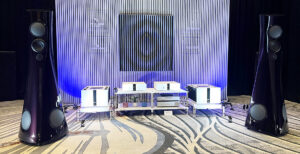
AXPONA 2024 Show Report Part One
- Apr 19, 2024
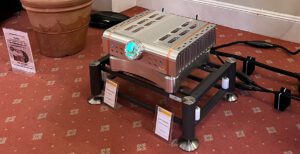
Audio Show Deluxe 2024: A photo show report
- Mar 28, 2024
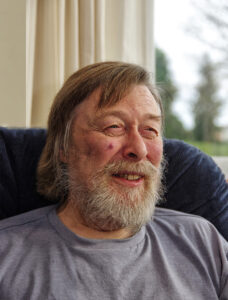
Paul Messenger 1949-2024: A personal tribute
- Mar 26, 2024
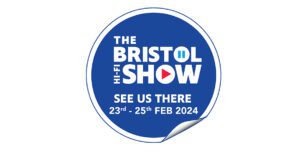
Bristol Hi-Fi Show 2024: See You There!
- Feb 21, 2024

